Dealing with a clogged kitchen sink can be a frustrating and messy experience. Whether it's from food scraps, grease, or other debris, a clogged sink can disrupt your daily routine and even lead to more serious plumbing issues. But fear not, as there are several simple and effective methods for clearing a clog in your kitchen sink. If your sink is draining slowly or not at all, the first step is to try using a plunger. Place the plunger over the drain, making sure it covers the entire opening, and push down firmly and then pull up quickly to create suction. Repeat this several times until the clog is dislodged and the water begins to drain. If the plunger doesn't work, try using a drain snake. This long, flexible tool can reach deep into your pipes to break up and remove the clog. Insert the snake into the drain and turn it clockwise as you push it further in. Once you feel resistance, twist the snake back and forth to break up the clog. Pull out the snake and run hot water down the drain to flush out any remaining debris.1. How to Clear a Clogged Kitchen Sink
If you prefer to tackle the clog with items you already have at home, there are several DIY methods that can be effective in clearing a clogged kitchen sink. One popular method is to pour a pot of boiling water down the drain. This can help break up and flush away any grease or food particles that may be causing the clog. Another DIY option is to create a mixture of equal parts baking soda and vinegar. Pour the mixture down the drain and let it sit for about 15 minutes. Then, pour boiling water down the drain to flush out the mixture and hopefully clear the clog. You can also try using a combination of salt and baking soda. Mix half a cup of each and pour it down the drain. Let it sit for a few hours or overnight, then flush it out with hot water. The abrasive texture of the salt and baking soda can help break up tough clogs.2. DIY Methods for Unclogging a Kitchen Sink
A plunger is a simple and effective tool for clearing clogs in your kitchen sink. It works by creating suction and pressure that dislodges the clog and allows water to flow freely again. To use a plunger, place it over the drain and make sure it covers the entire opening. Push down firmly and then pull up quickly, repeating this motion several times until the clog is cleared. For best results, make sure there is enough water in the sink to cover the rubber part of the plunger. If necessary, add some water before using the plunger. You may also need to cover the overflow opening on the sink with a wet cloth to ensure proper suction.3. Using a Plunger to Clear a Kitchen Sink Clog
If you prefer to use natural methods to clear a clogged kitchen sink, there are several options available. As mentioned earlier, a mixture of equal parts baking soda and vinegar can be effective in breaking up and flushing away clogs. You can also try using a combination of salt and baking soda or pouring a pot of boiling water down the drain. Another natural option is to use a plunger with a little bit of petroleum jelly on the rubber part. This can create a better seal and increase the suction power of the plunger. Additionally, you can try using a wet/dry vacuum to suck out the clog from the drain. It's important to note that while natural methods can be effective, they may not work for more severe or stubborn clogs. In these cases, it may be necessary to use stronger methods such as chemical drain cleaners or professional plumbing services.4. Natural Ways to Clear a Clogged Kitchen Sink
Prevention is key when it comes to avoiding clogs in your kitchen sink. By following a few simple tips, you can reduce the likelihood of a clog and keep your sink draining smoothly. First, make sure to avoid pouring grease or oil down the drain. These substances can solidify and create stubborn clogs. Instead, pour them into a container and dispose of them in the trash. Also, be mindful of what you put down the garbage disposal. Avoid putting fibrous or starchy foods, such as potato peels or celery, down the disposal as they can get tangled and cause clogs. Additionally, run cold water down the disposal for a few seconds after using it to help flush away any remaining debris. Regularly cleaning your sink and drain can also help prevent clogs. Use a mixture of hot water and dish soap to flush away any buildup and maintain a clean and clear drain.5. Tips for Preventing Kitchen Sink Clogs
If DIY and natural methods are not effective in clearing a clogged kitchen sink, you may need to turn to chemical drain cleaners. These powerful cleaners can dissolve and break up tough clogs, but they should be used with caution as they can be harmful to your skin and eyes. When using a chemical drain cleaner, make sure to follow the instructions carefully and wear protective gloves and eyewear. It's also important to only use these cleaners in well-ventilated areas and to avoid mixing different types of cleaners. If you have a septic system, be sure to check the label to make sure the drain cleaner is safe to use with it. Some cleaners can be harmful to septic systems and should be avoided.6. Chemical Drain Cleaners for Clearing Kitchen Sink Clogs
If all else fails, it may be time to call in the professionals. A licensed plumber can use specialized tools and techniques to effectively clear even the most stubborn clogs in your kitchen sink. They can also inspect your plumbing system and identify any underlying issues that may be causing recurring clogs. While professional plumbing services may be more expensive than DIY methods, they can save you time and frustration in the long run. It's also important to address clogs promptly, as they can lead to more serious plumbing issues if left untreated.7. Professional Plumbing Services for Clearing Kitchen Sink Clogs
A drain snake, also known as a plumbing auger, is a long, flexible tool that can reach deep into your pipes to break up and remove clogs. To use a drain snake, insert the tool into the drain and turn it clockwise as you push it further in. Once you feel resistance, twist the snake back and forth to break up the clog. Then, pull out the snake and run hot water down the drain to flush out any remaining debris. When using a drain snake, be careful not to scratch or damage your sink or pipes. It's also important to clean and disinfect the snake after use to prevent the spread of bacteria.8. How to Use a Drain Snake to Clear a Kitchen Sink Clog
Understanding the common causes of kitchen sink clogs can help you prevent them in the future. Some of the most common culprits include food scraps, grease, soap residue, and foreign objects such as utensils or small toys. It's important to be mindful of what you put down the sink and to regularly clean and maintain your plumbing system. Additionally, older plumbing systems or tree roots growing into pipes can also cause clogs and may require professional plumbing services to address the issue.9. Common Causes of Kitchen Sink Clogs
If you've tried multiple methods to clear a clogged kitchen sink and it still won't budge, it may be a sign of a more serious issue. In these cases, it's best to call a plumber to inspect your plumbing system and identify the root cause of the clog. Some possible causes of persistent clogs include a damaged or collapsed pipe, a gradual buildup of debris over time, or issues with the main sewer line. A professional plumber will be able to diagnose and address these problems, ensuring your kitchen sink is clear and functioning properly once again. In conclusion, a clogged kitchen sink can be a nuisance, but there are many effective methods for clearing and preventing them. By using DIY methods, natural solutions, or seeking professional help, you can keep your sink running smoothly and avoid more serious plumbing issues in the future.10. Troubleshooting a Persistent Kitchen Sink Clog
Prevention is key for a clog-free kitchen sink

Dealing with a clogged kitchen sink can be a messy and frustrating experience. Not only does it disrupt your daily routine but it can also lead to costly repairs if left unaddressed. The best way to avoid this problem is by taking preventative measures to keep your kitchen sink free of clogs.
Proper disposal of food waste
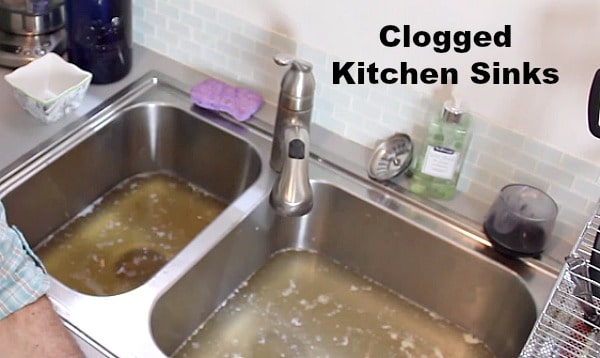
One of the main causes of clogs in kitchen sinks is food waste. It is important to properly dispose of food waste by throwing it in the trash or compost bin instead of washing it down the drain. This is especially true for greasy or oily foods which can solidify and cause blockages in your pipes. Use a strainer or stopper in your sink to catch any food particles that may accidentally go down the drain.
Regular cleaning and maintenance

Regularly cleaning and maintaining your kitchen sink can go a long way in preventing clogs. Make sure to wipe down the sink after each use and use a mixture of hot water and vinegar to flush out any buildup of grease and debris. You can also use a plunger to clear out any minor clogs before they become a bigger problem. Additionally, it is important to regularly schedule professional drain cleaning services to ensure that your pipes are clear and functioning properly.
Avoid pouring harmful chemicals down the drain

Many people resort to using chemical drain cleaners to clear a clogged sink, however, these harsh chemicals can actually do more harm than good. They can corrode your pipes and cause long-term damage to your plumbing system. Instead, opt for natural solutions such as baking soda and vinegar to break down and flush out any clogs.
By implementing these preventative measures, you can keep your kitchen sink clog-free and avoid the hassle of dealing with a blocked drain. Remember, prevention is key in maintaining a healthy and functional kitchen sink. If you do encounter a clog, be sure to address it promptly using safe and effective methods to avoid any further damage to your pipes.


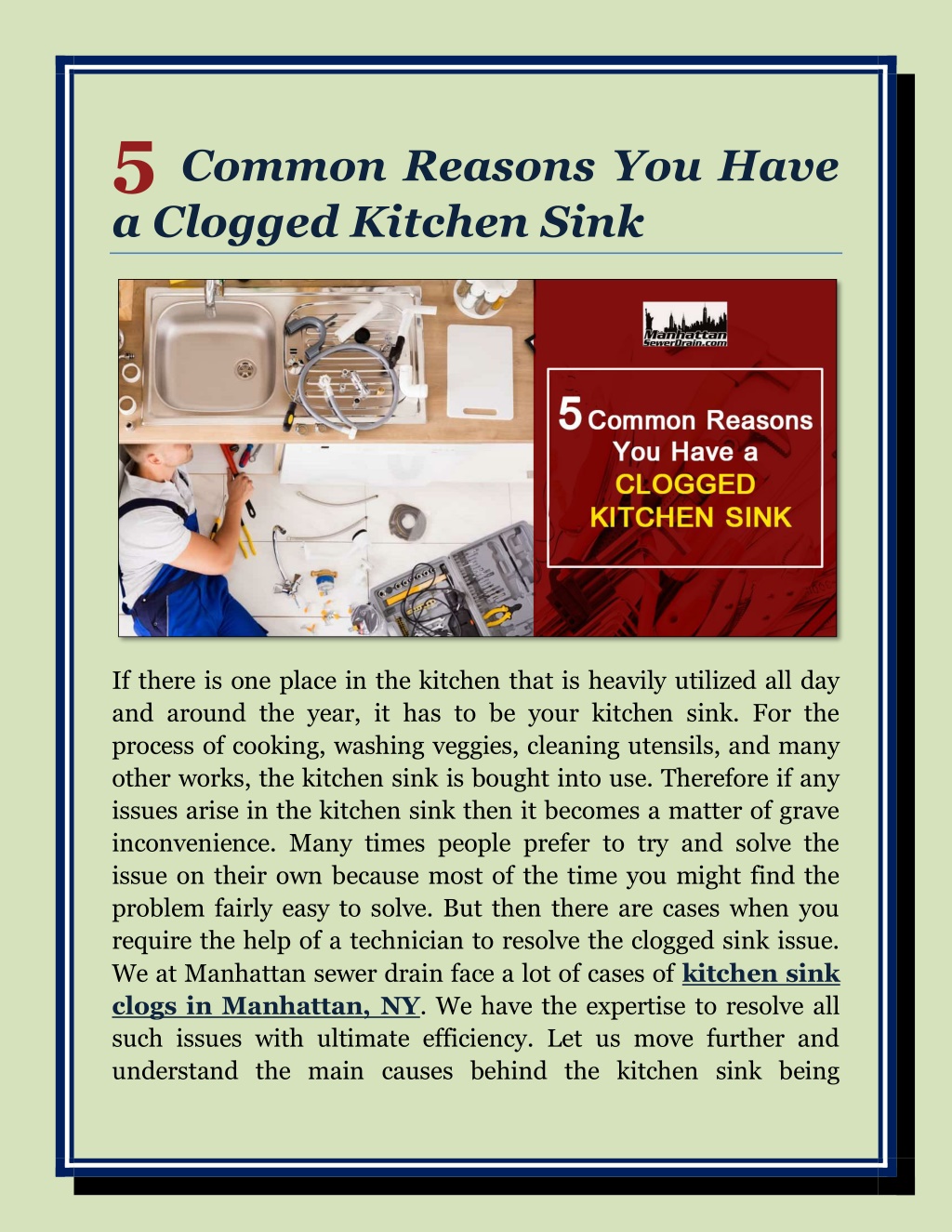




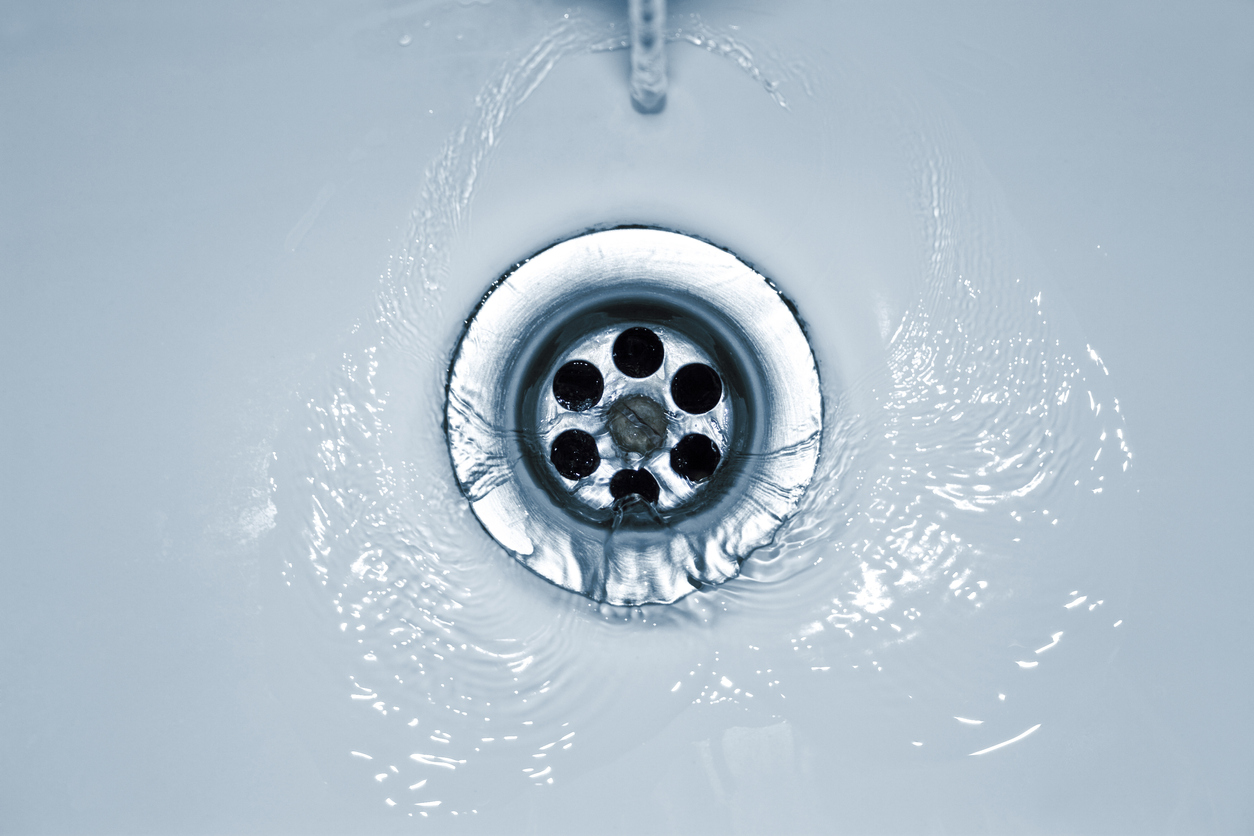
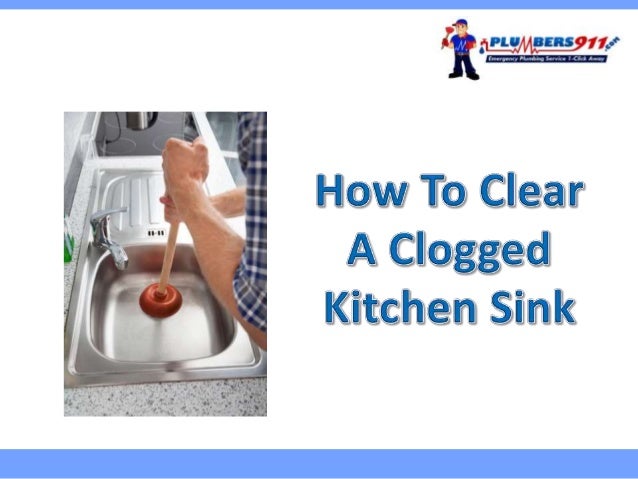



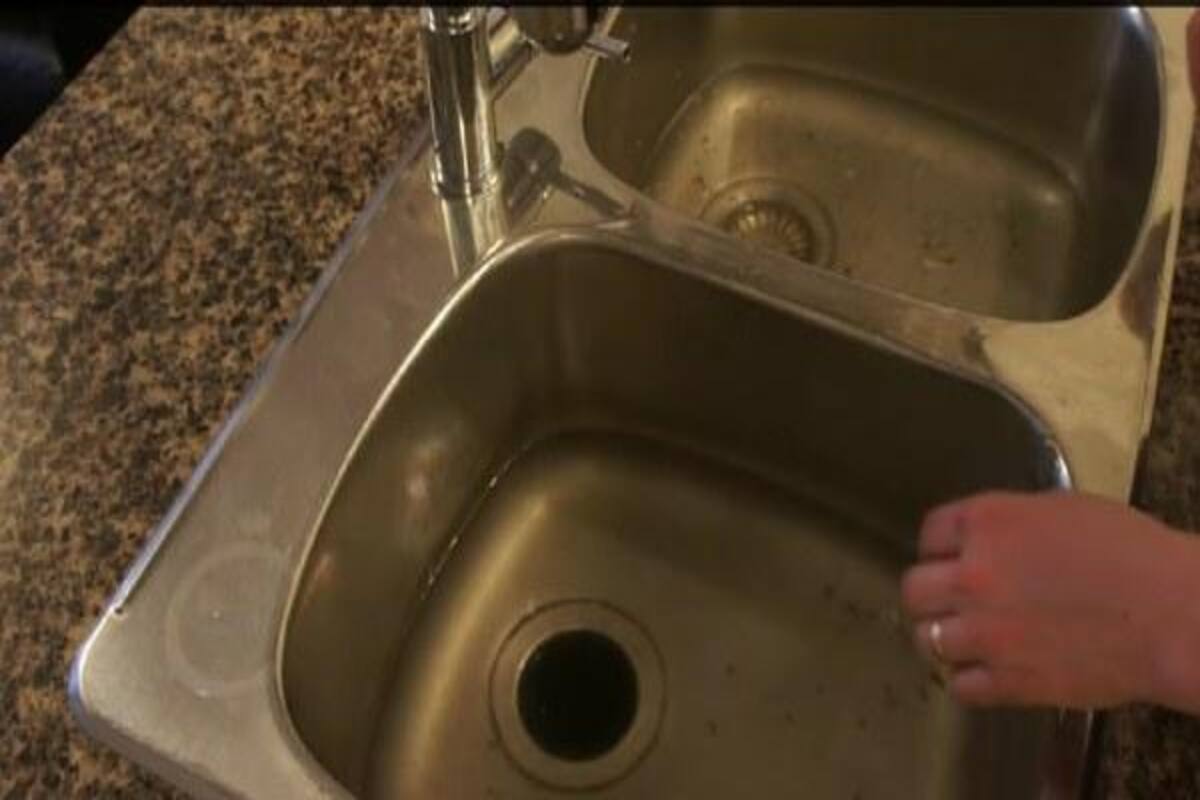






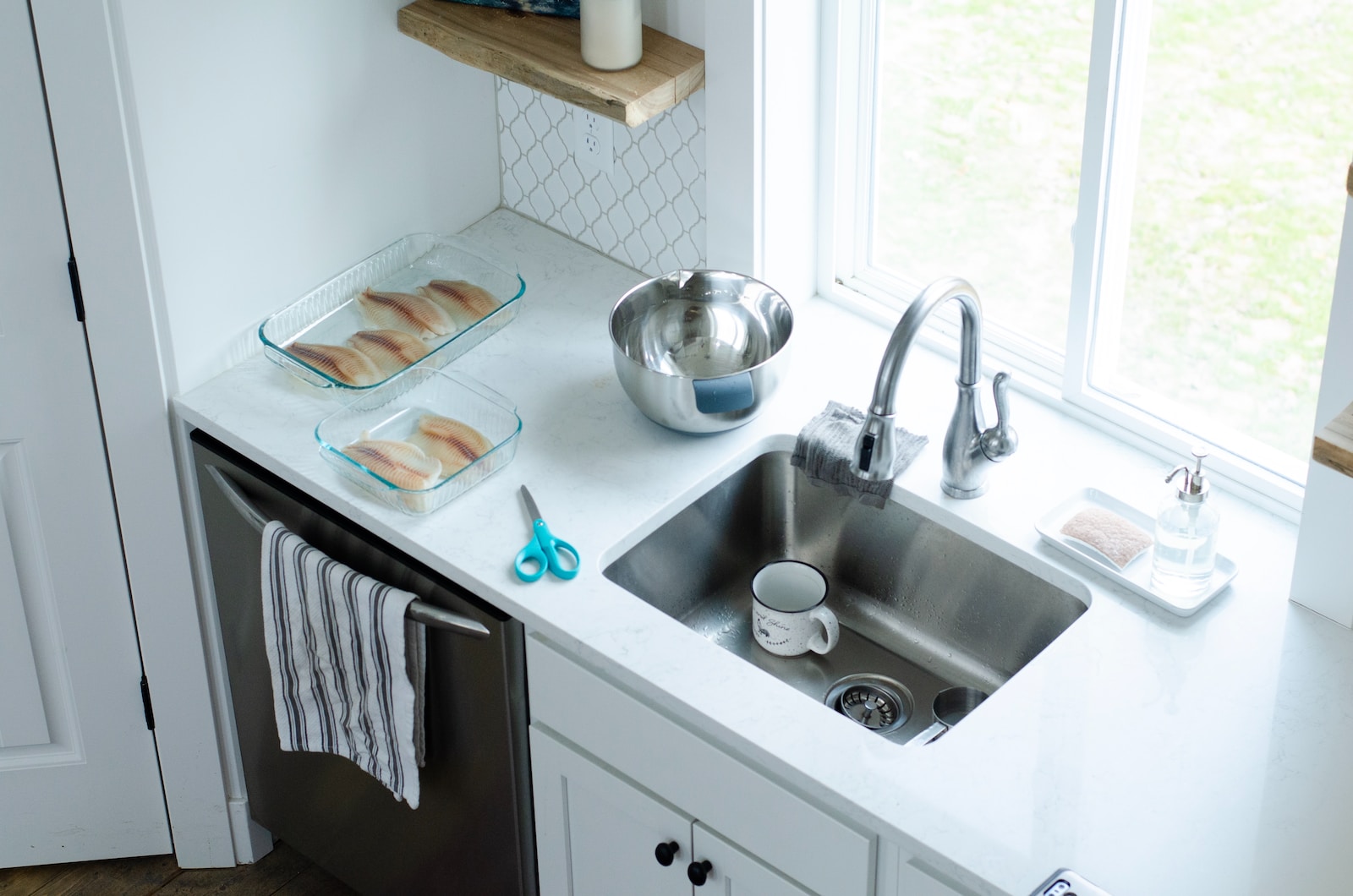

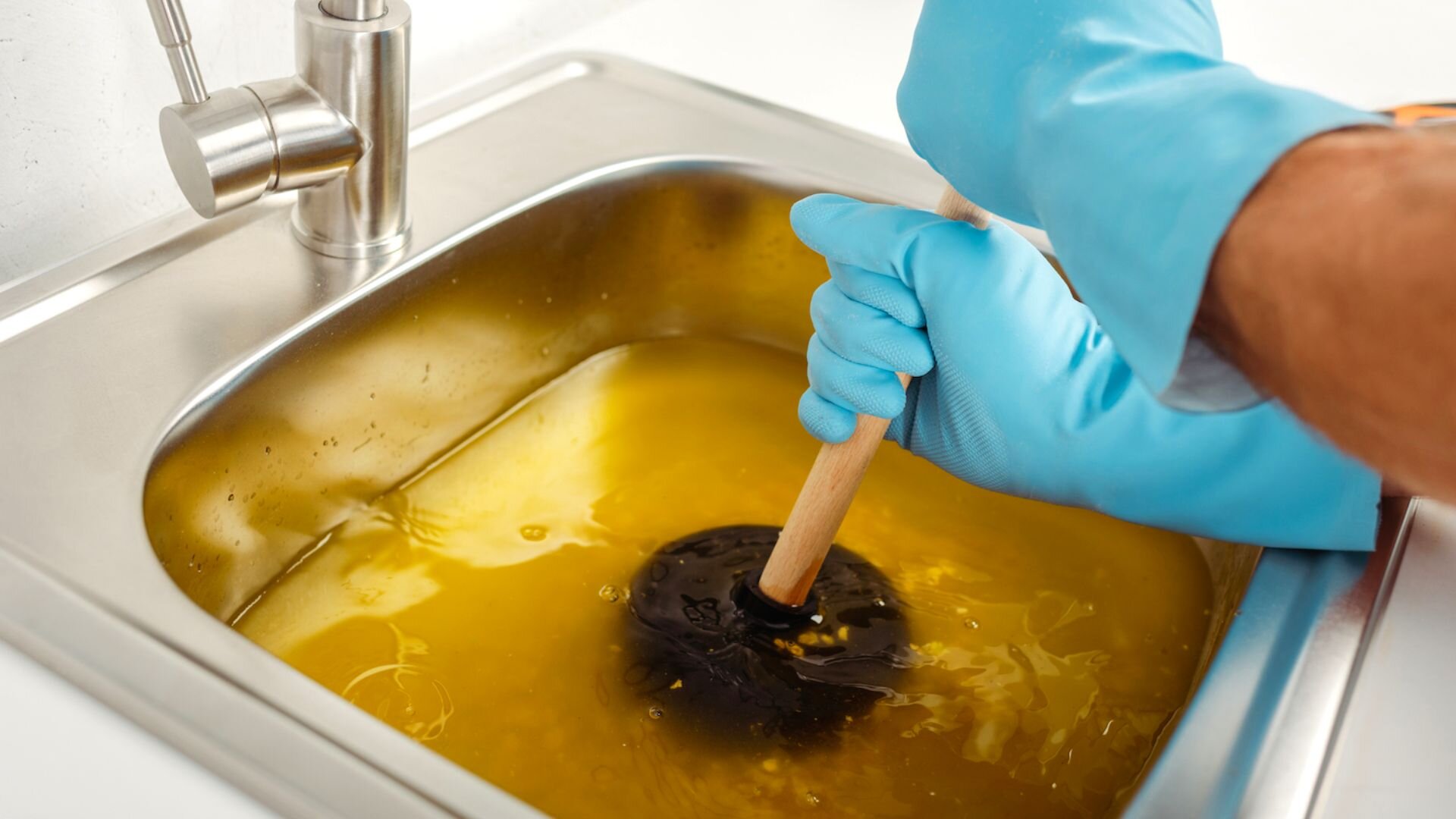
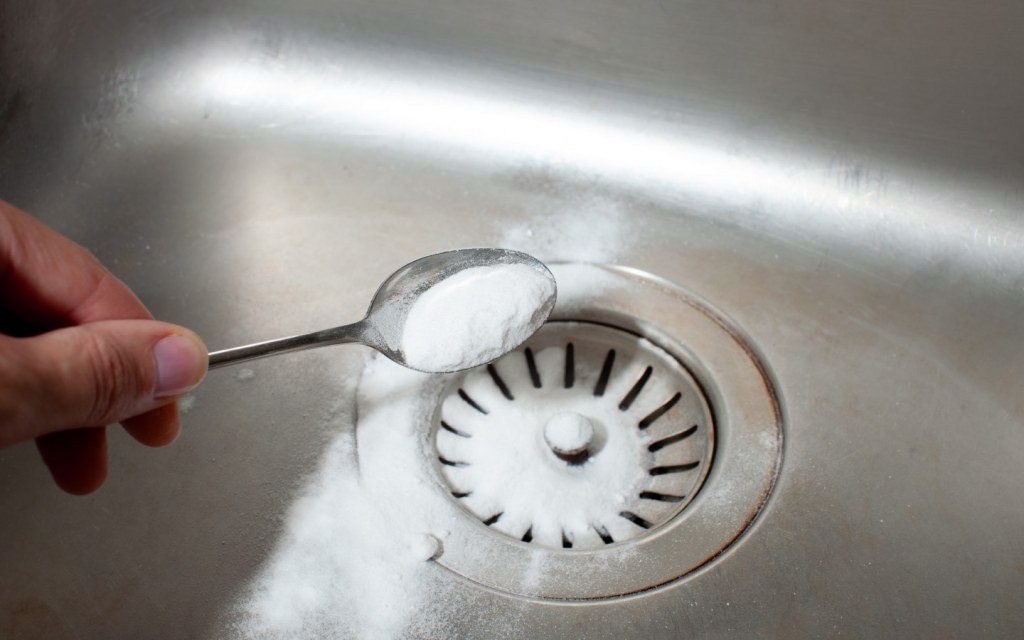







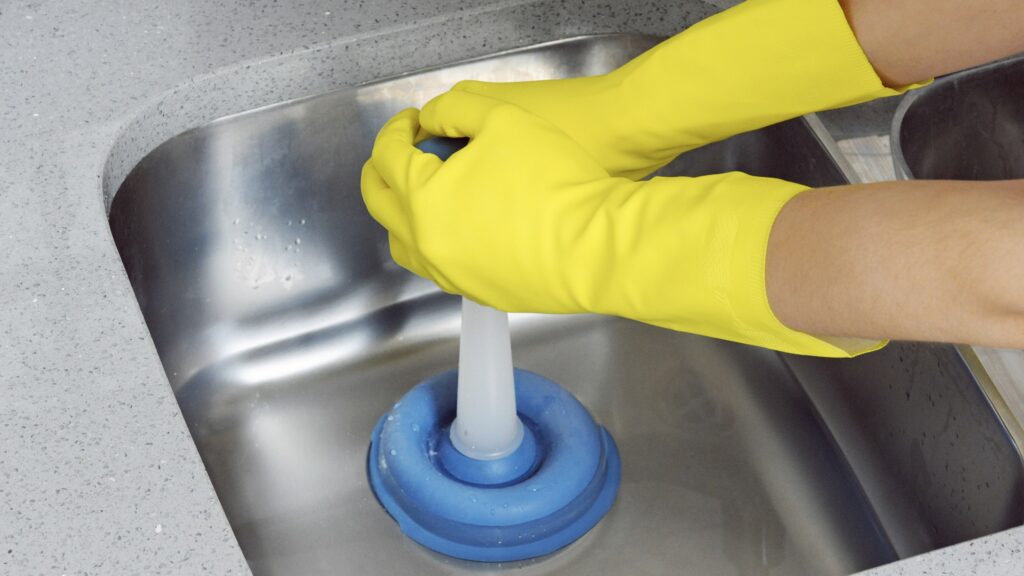

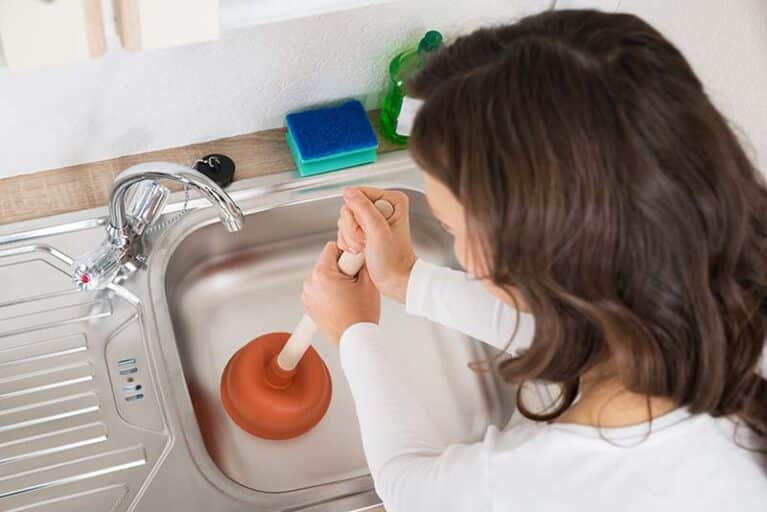





:max_bytes(150000):strip_icc()/freshen-and-unclog-drain-with-baking-soda-1900466-22-bbf940b70afa4d5abef0c54da23b1d3f.jpg)



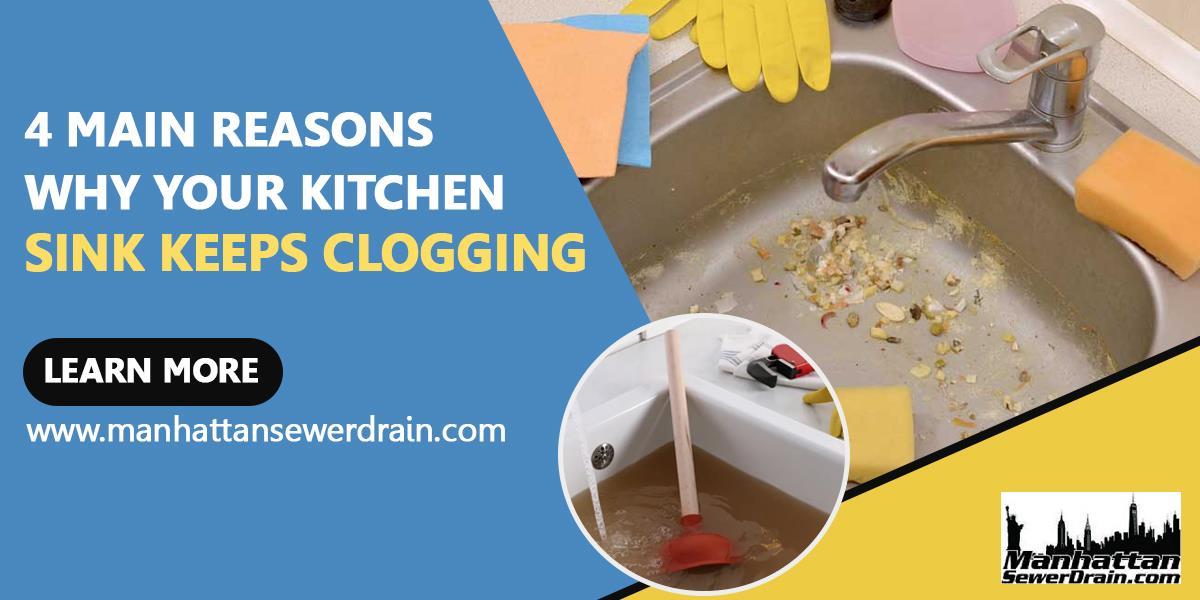
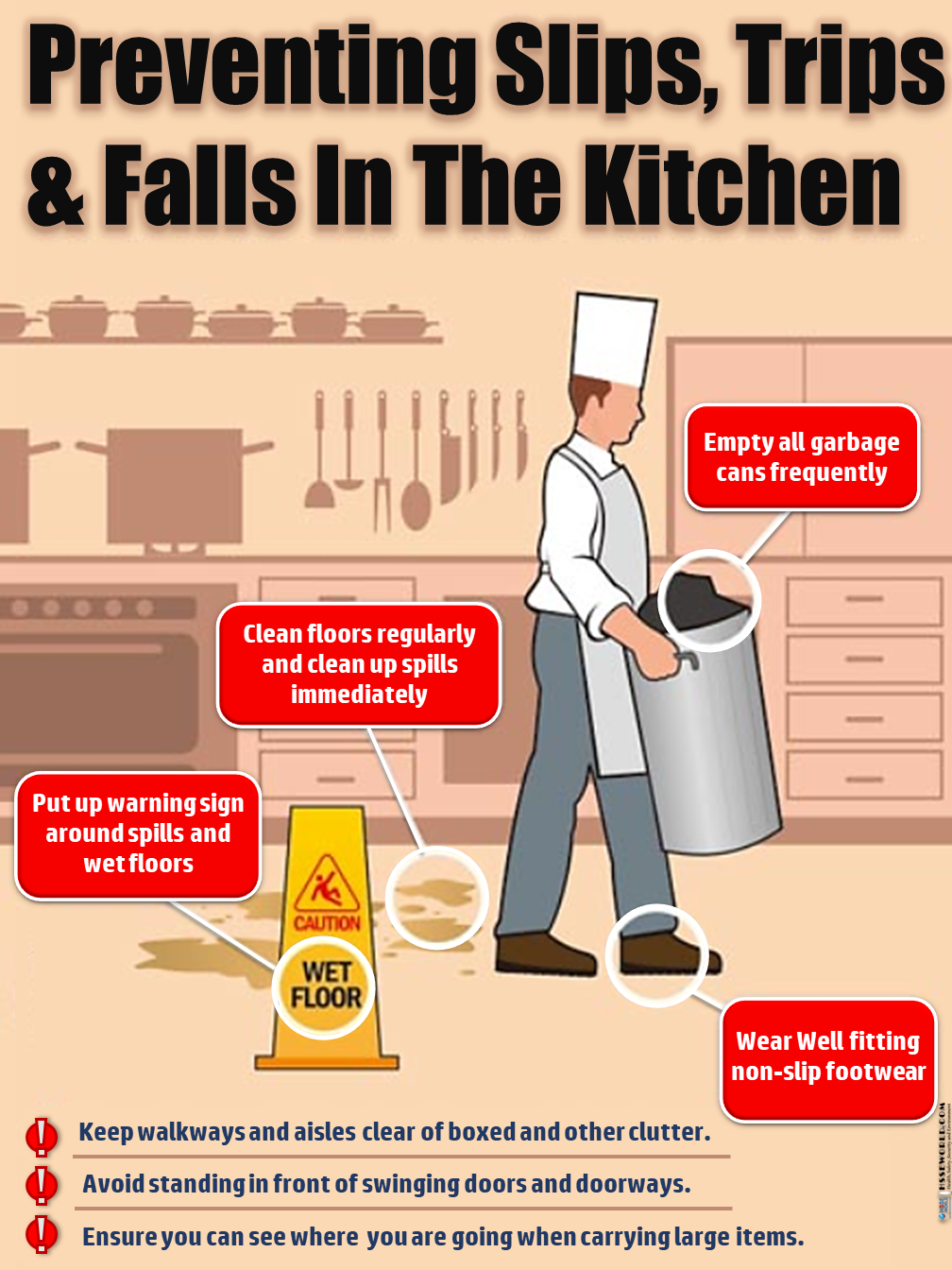



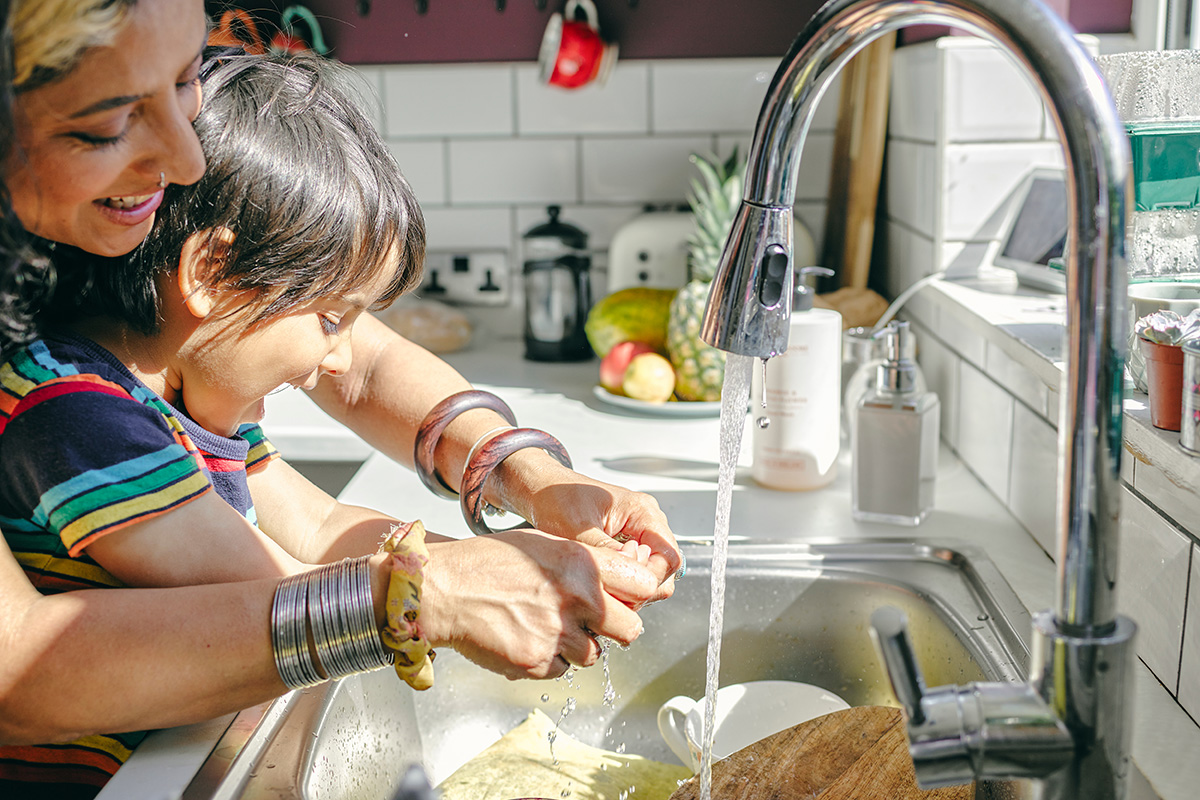
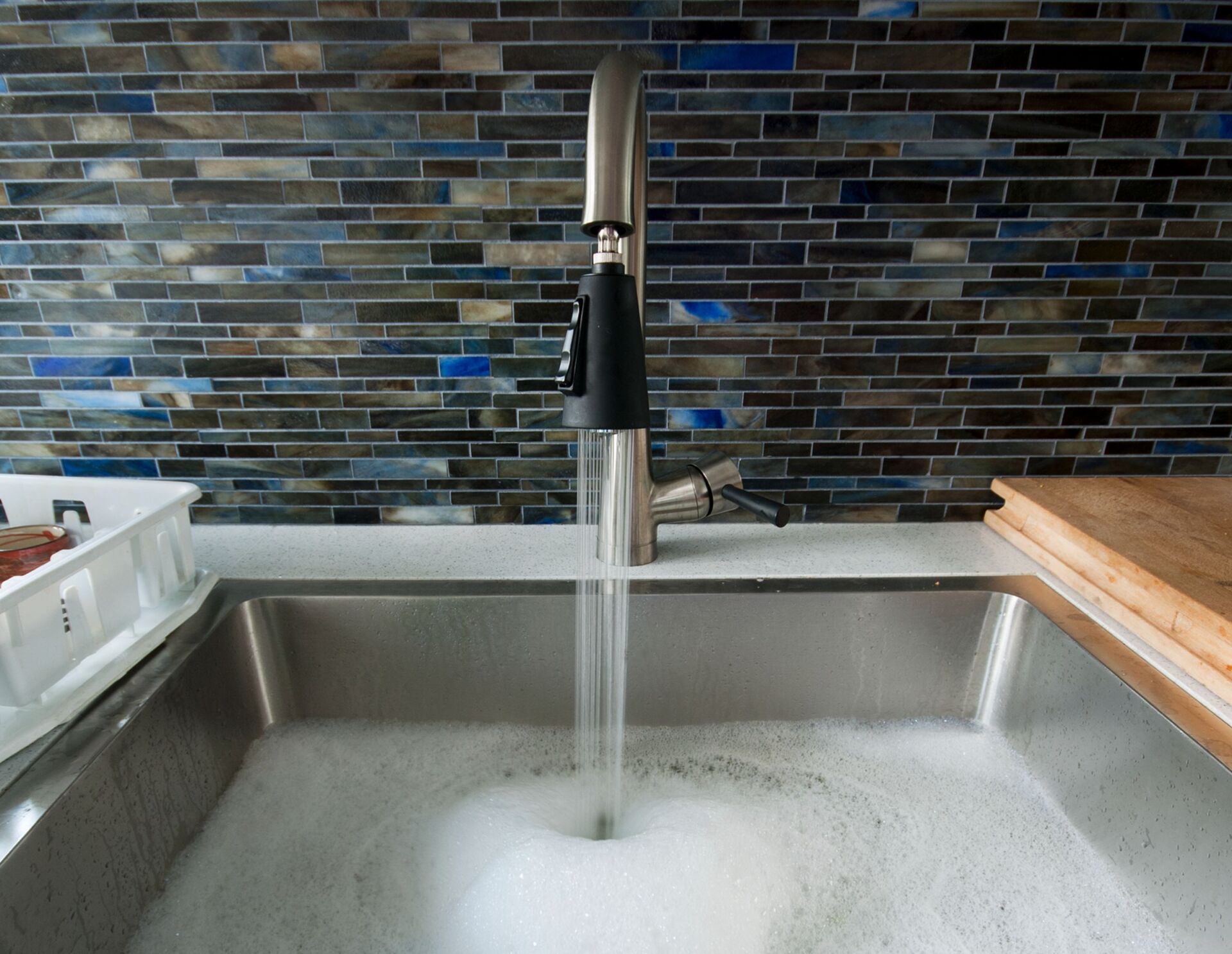








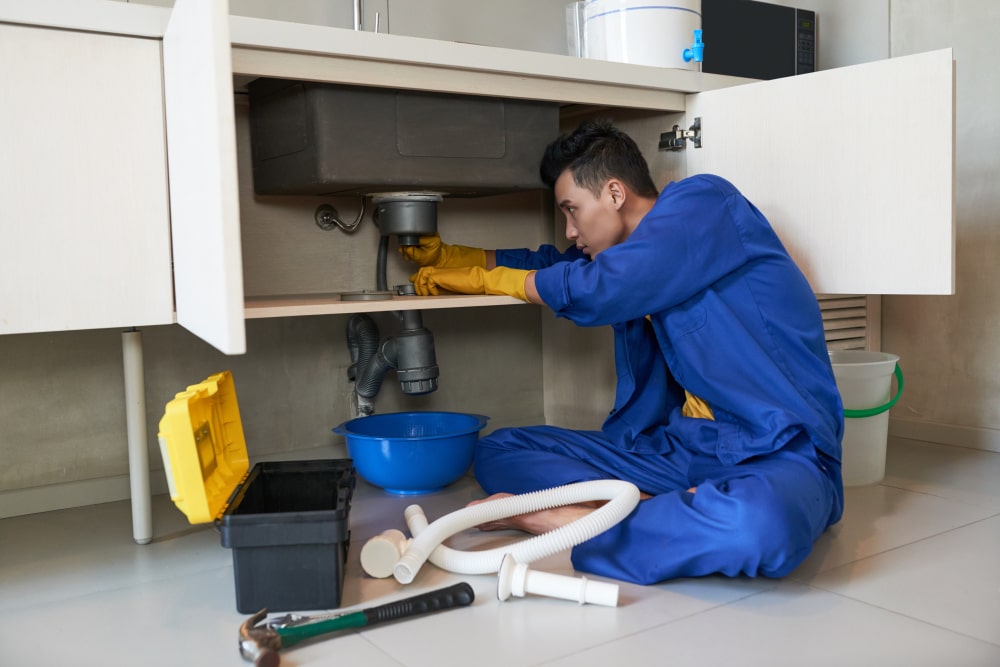
.jpg)

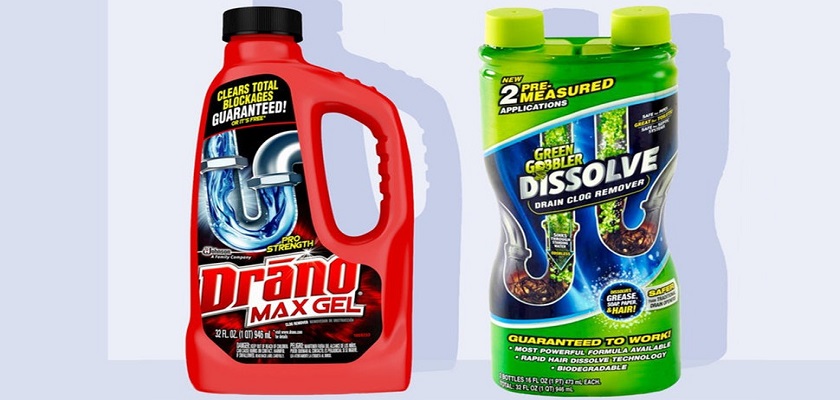





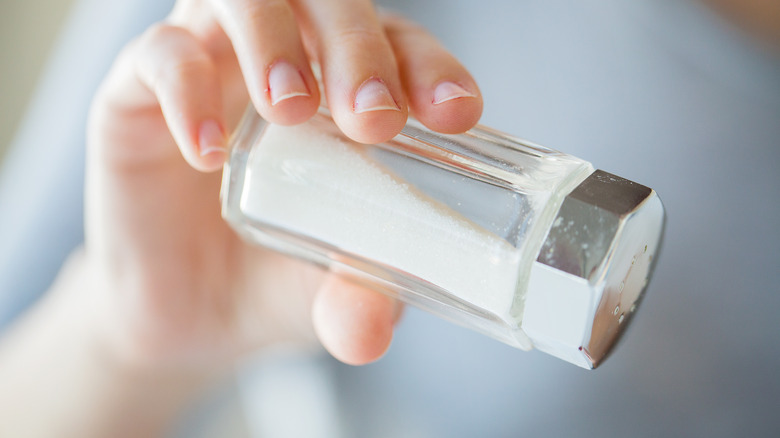
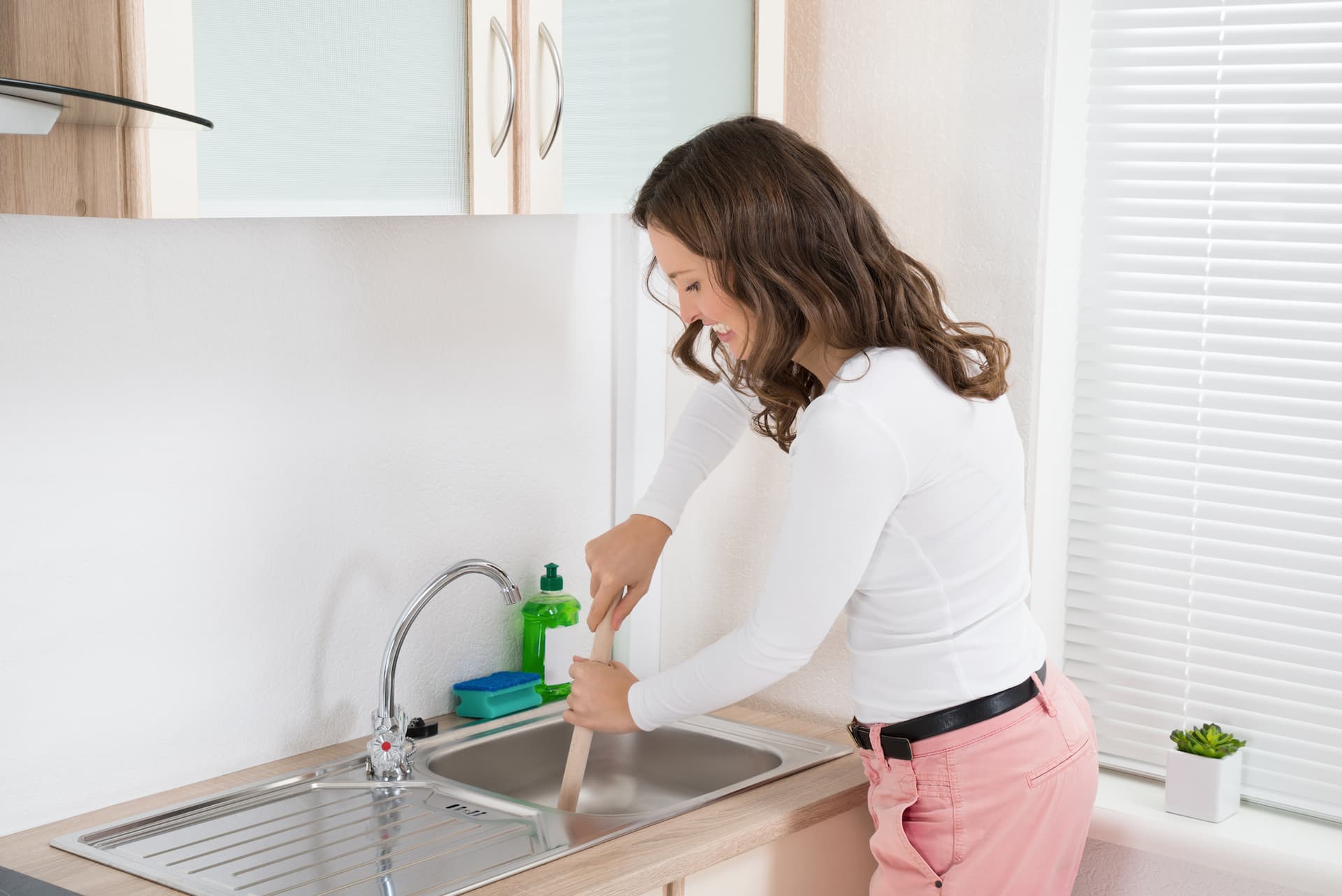
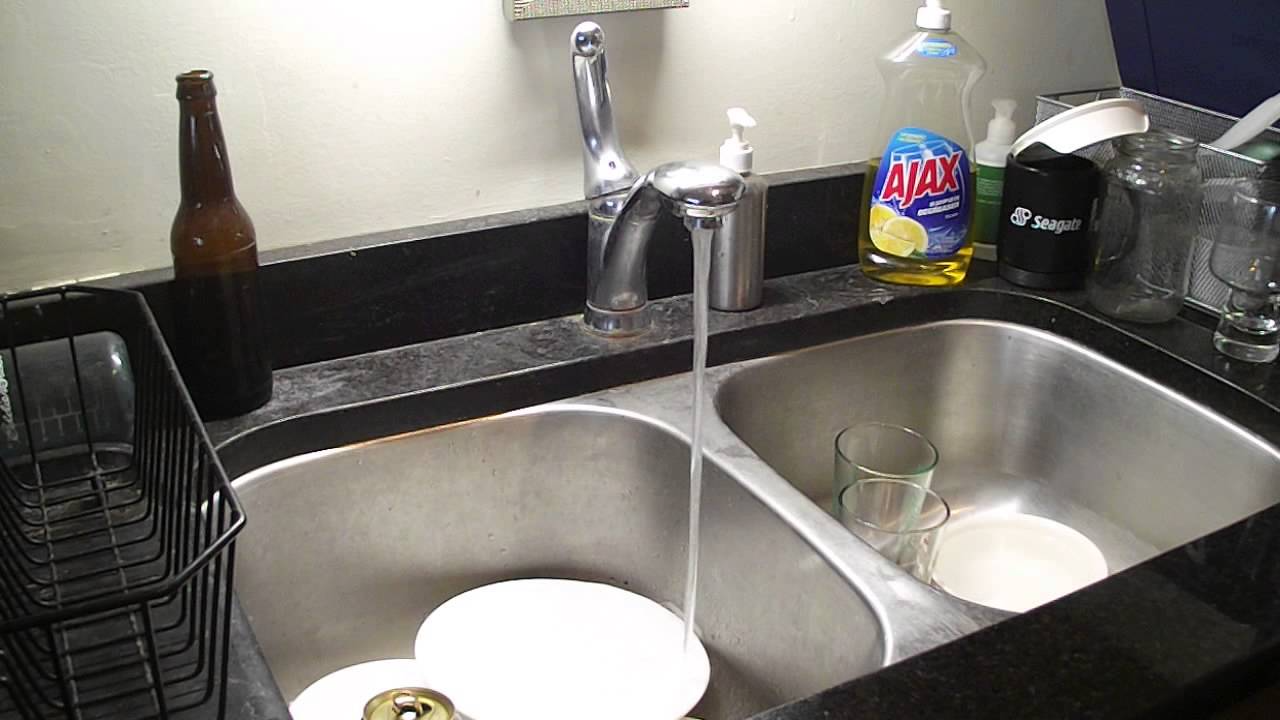


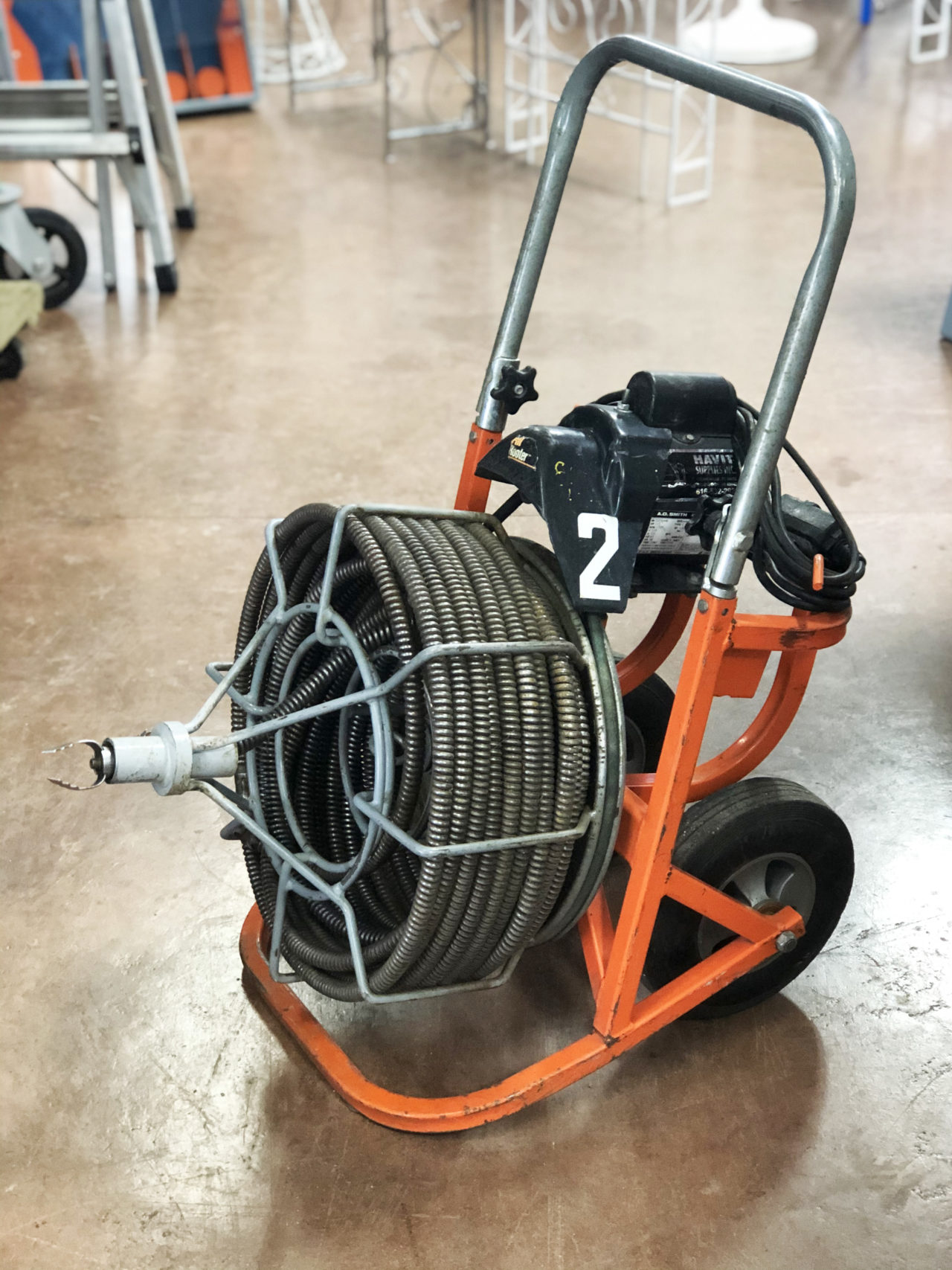
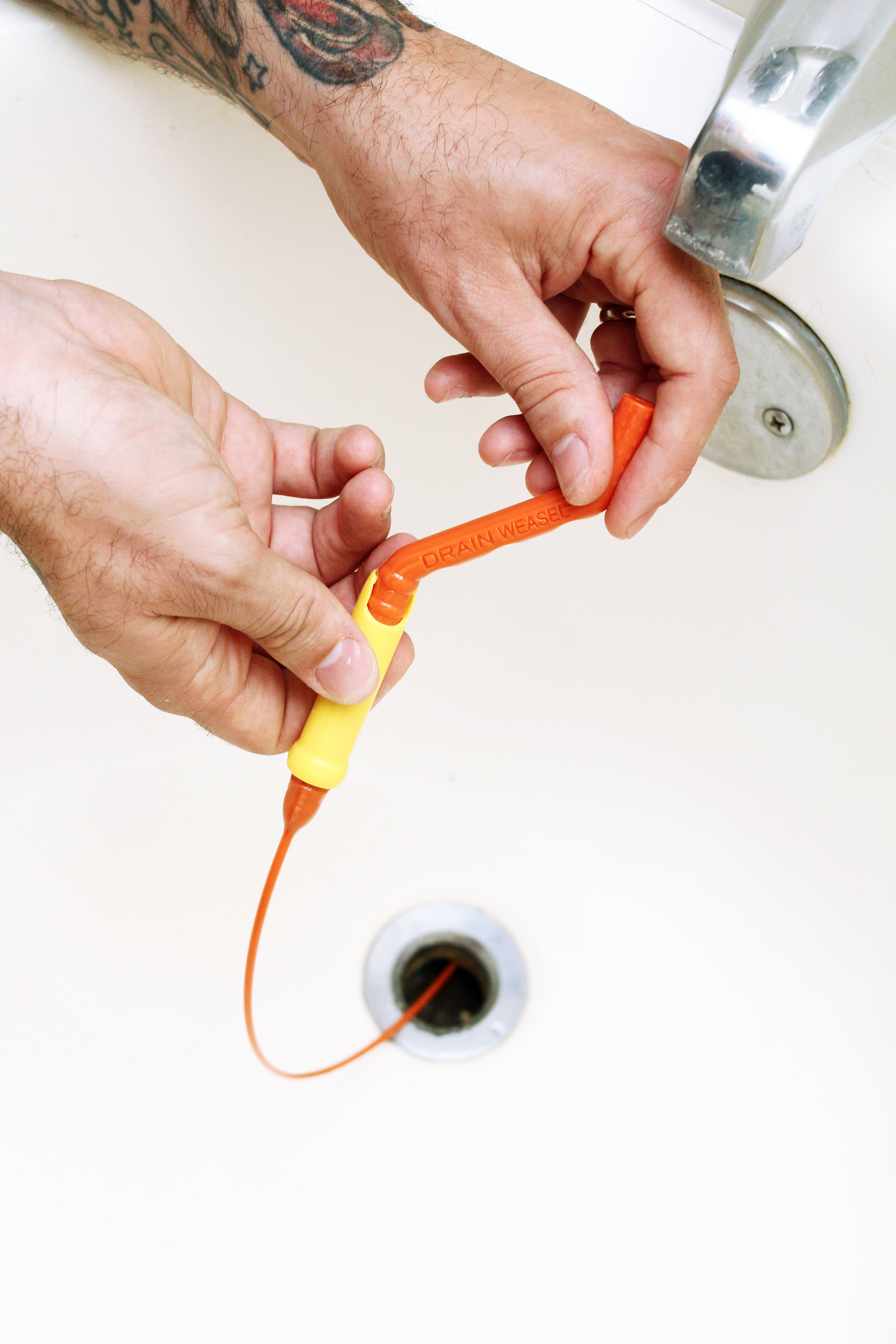



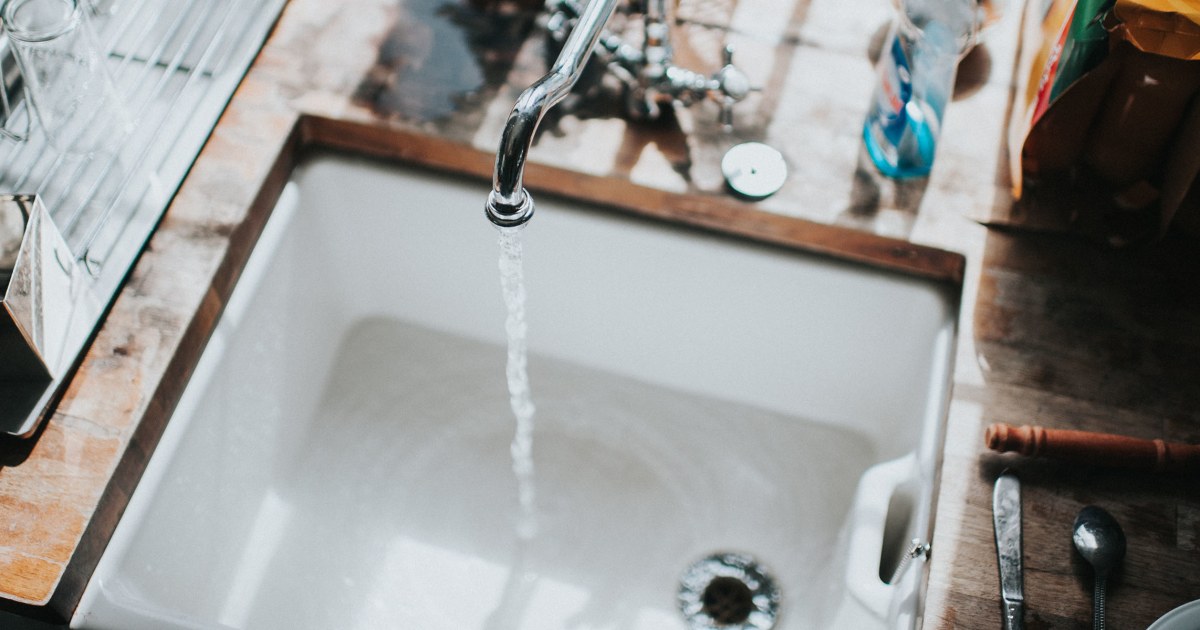


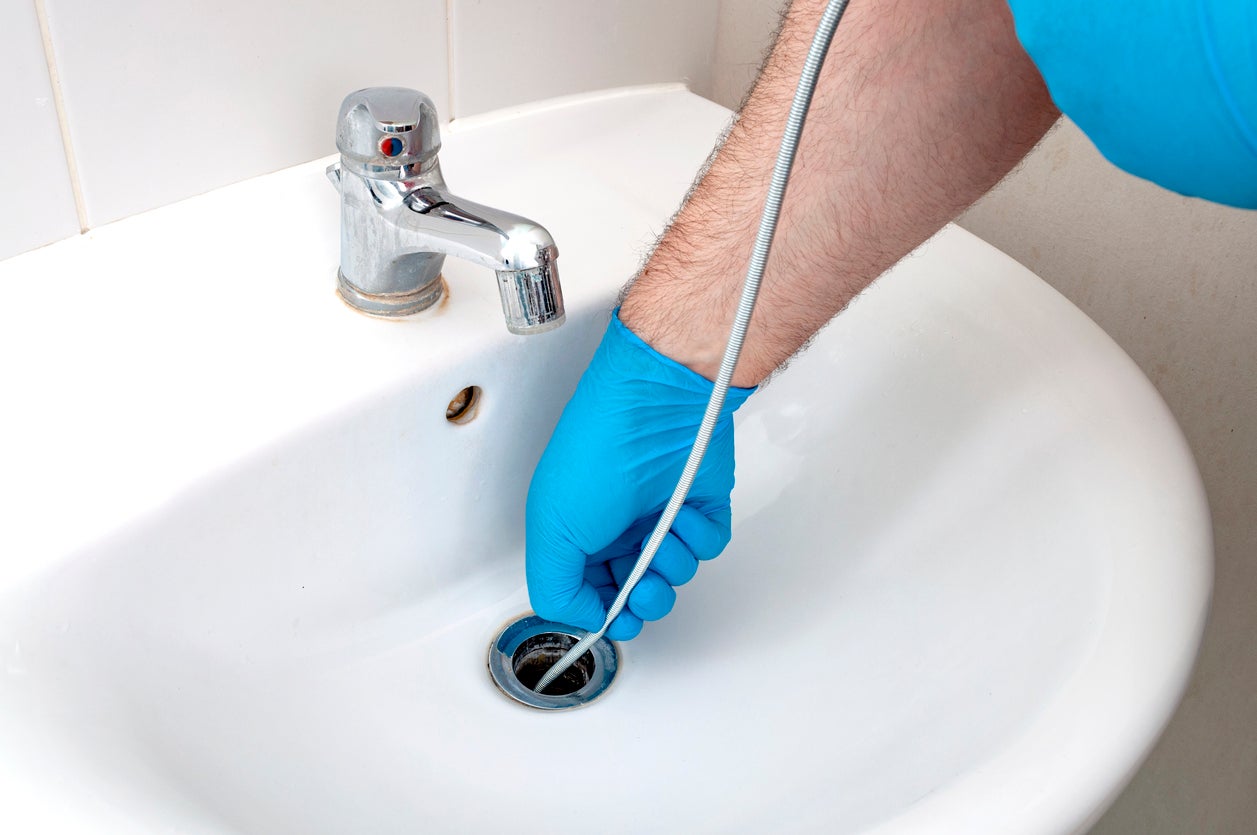
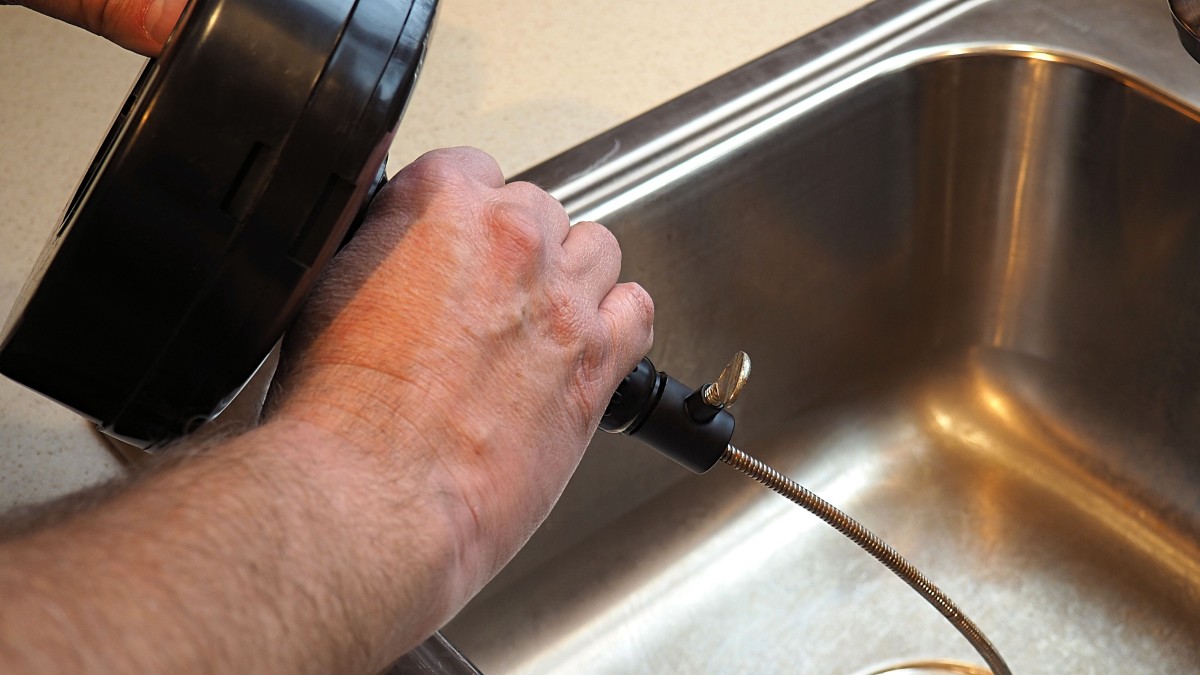
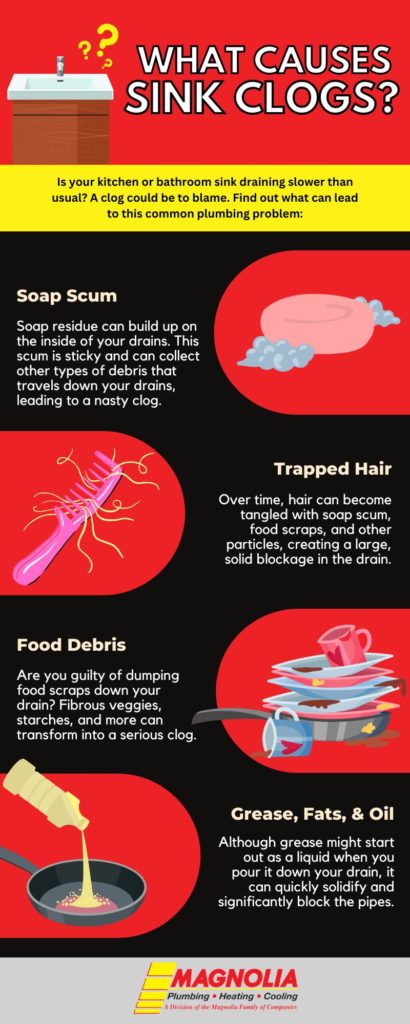



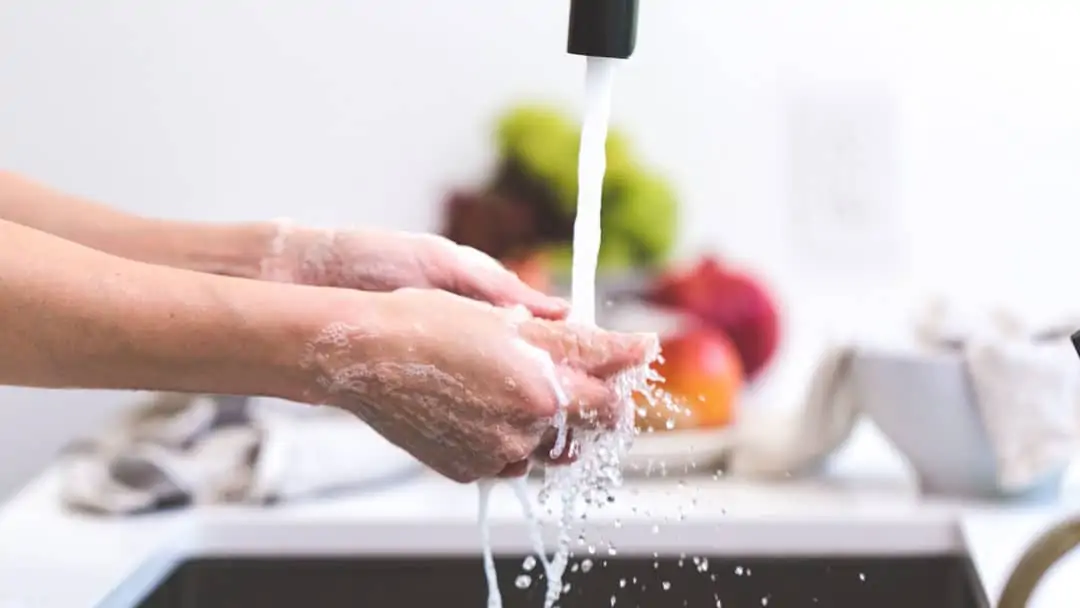


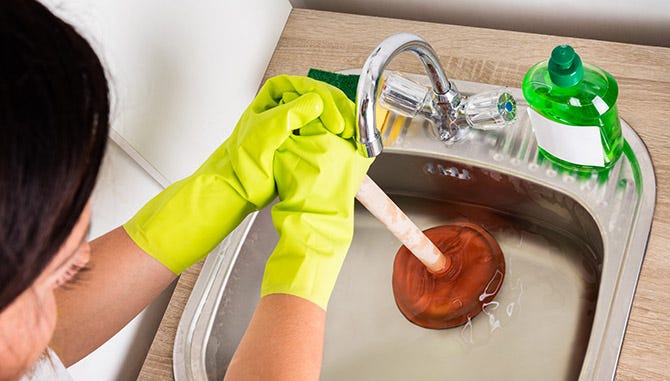




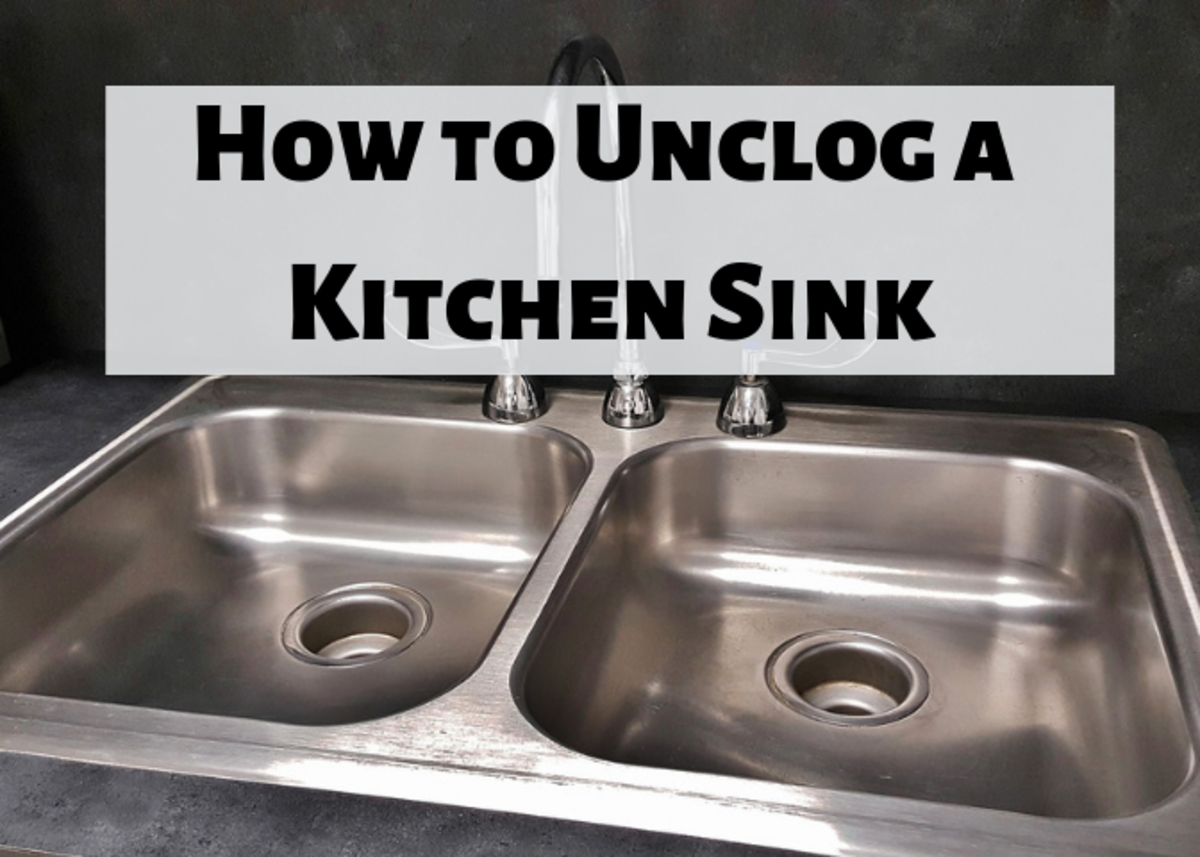

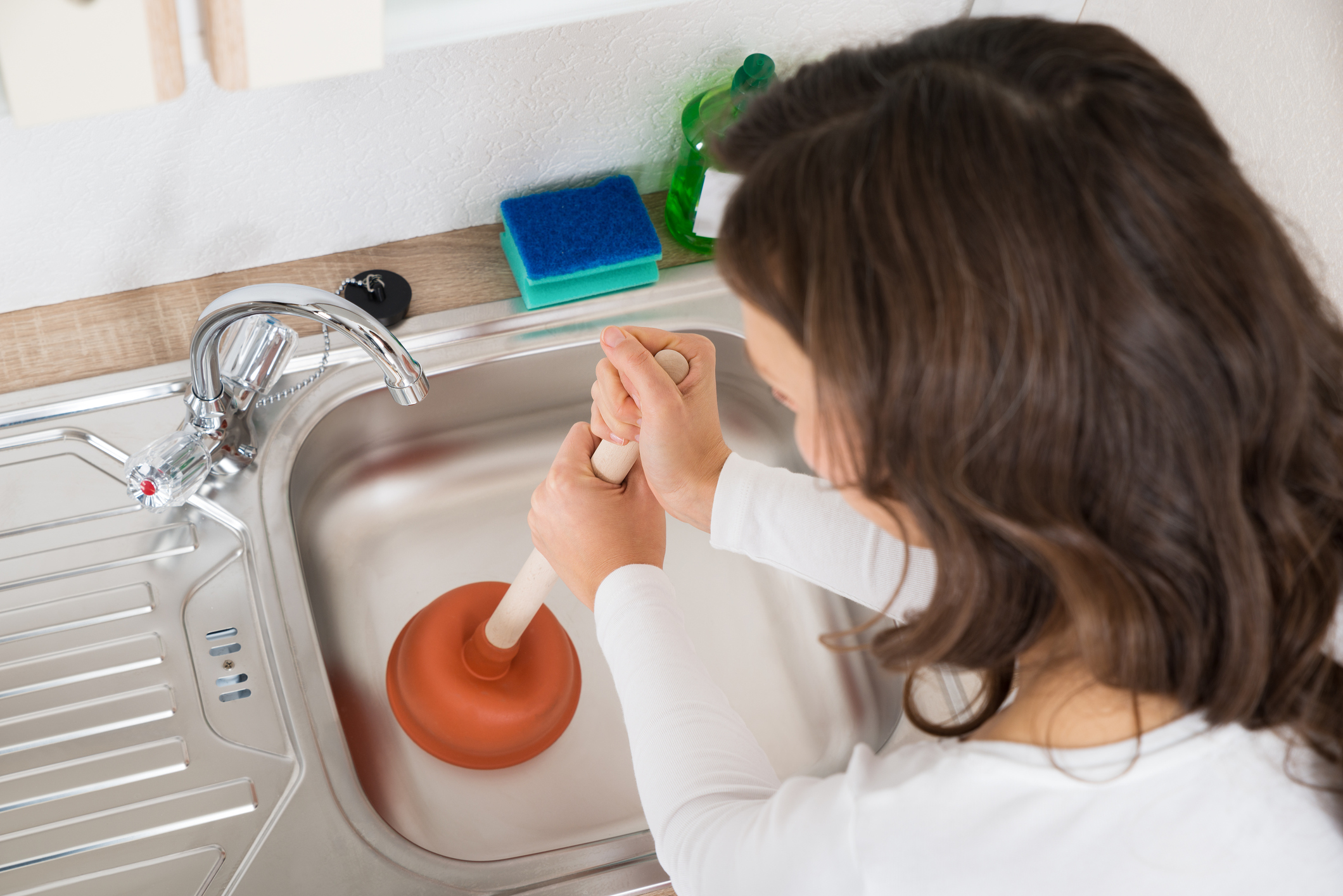

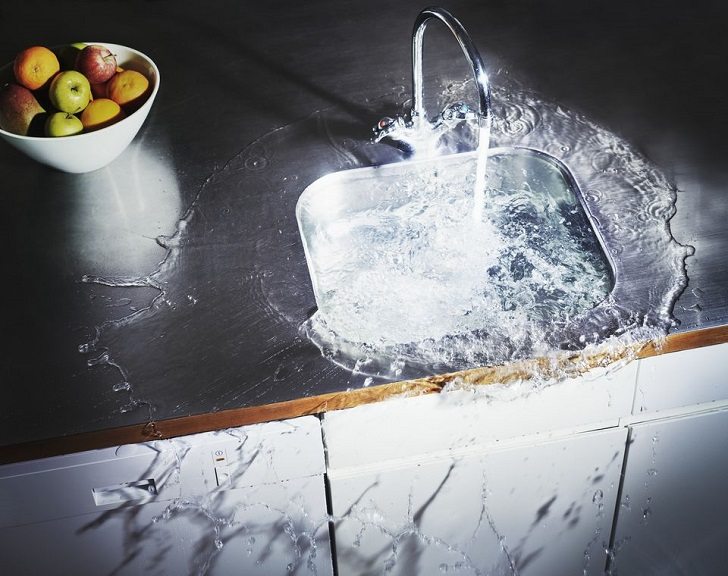

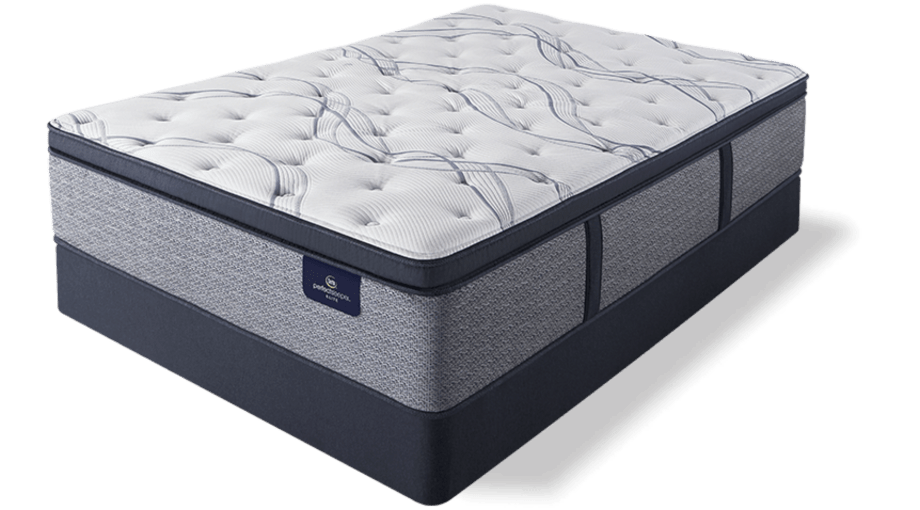


/kitchen-sink-171366298-5841b8de3df78c0230af5814.jpg)


